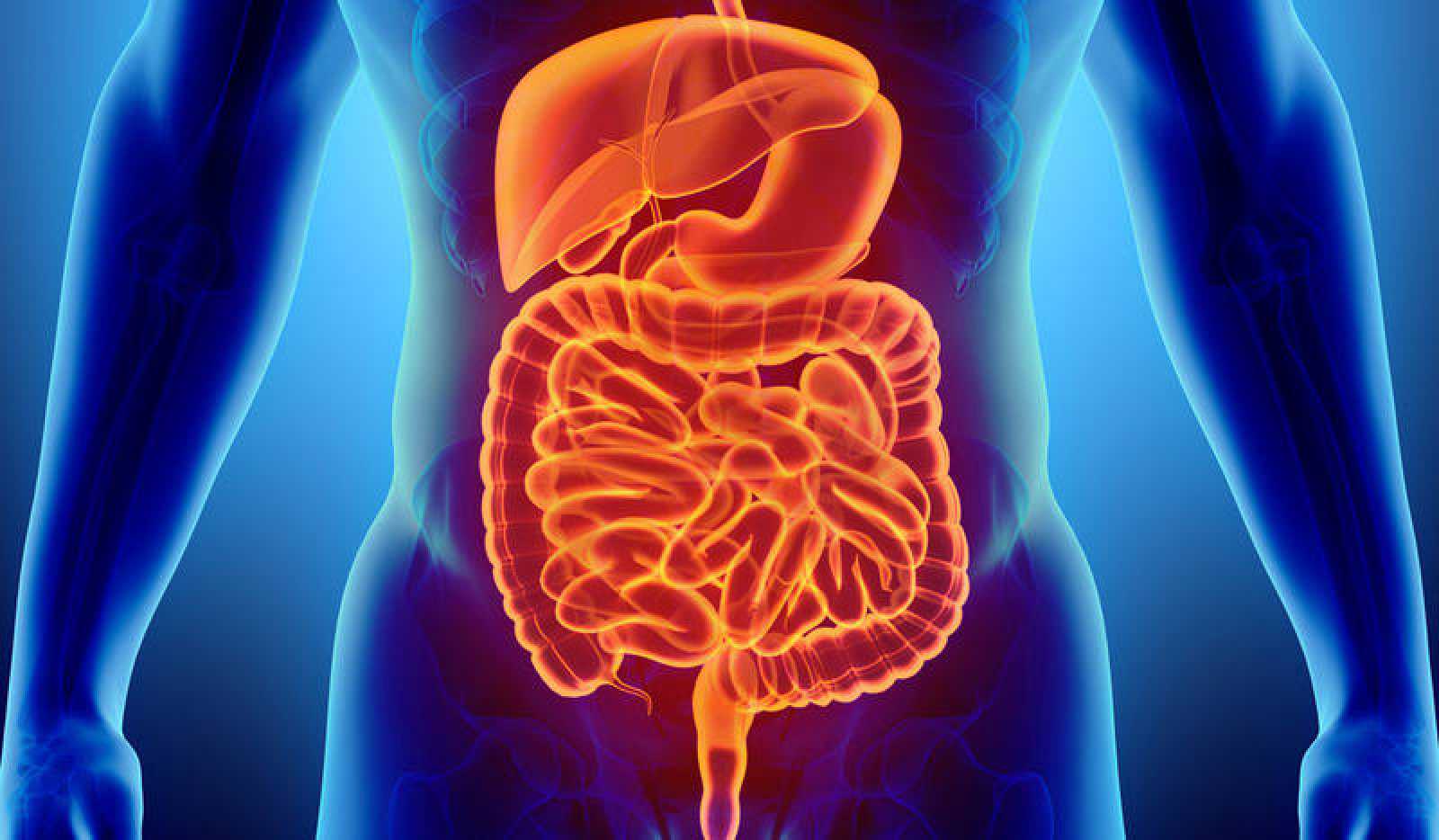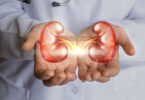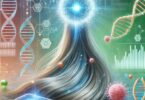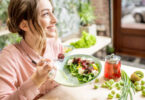Diverticula are caused by an increase in pressure inside the tube, which affects the inconsistent muscular walls, causing them to thicken and, therefore, reducing the lumen of the intestine. Diverticulosis reflects an uncomplicated situation, only the presence of diverticula in the colon, but without producing symptoms.
A low fiber content conditions a delay in bowel movements, as well as a smaller volume of stool.
Diverticulosis is much less common in vegetarians than in people who consume a high proportion of red meat and fat in their daily diet.
The most common symptoms presented by a patient with diverticulosis are the following:
- Mild pain, usually located in the left abdomen and above the bladder. Its intensity is much less than in cases of diverticulitis.
- Cramps.
- Swelling.
- Constipation (little stool, difficult to expel or infrequent).
- Bleeding.
- Imflammation.
- Fistulas.
- Mild colic.
- Abdominal distension.
- Constipation.
It usually affects people over 50 years of age to a greater extent. In fact, half of the people between the ages of 60 and 80 suffer from it, and beyond the age of 80 almost everyone has this disease. Under 50 years of age, its presence is rare (around 5%), somewhat more common in men, being closely linked to obesity and with a higher incidence of complications.
The causes of diverticulosis, it is believed that intestinal diverticula are the result of, at least, the combination of two factors: on the one hand, alterations of the muscular fibers of the colon, and on the other the alterations of its motility or peristalsis . This produces an increase in pressure within the colon, generating small hernias that are called diverticula. There could also be a deficiency in the function of the nerve fibers of the colon, causing a malfunction of the muscles that propel the stool, and therefore generating weakness in areas of the intestine where the diverticula will grow.
The best prevention of diverticulosis is to maintain a balanced diet that includes enough fiber.
Some high-fiber foods are:
- Fruits: such as apples, peaches, pears, bananas, and tangerines.
- Vegetables: such as broccoli, zucchini, carrots, peas, Swiss chard, Brussels sprouts, spinach, asparagus, hearts of palm, tomatoes, potatoes…
- Legumes: beans, lentils, chickpeas…
- Whole foods: bread, cereals, pasta, rice…
- It is advisable that people who have already suffered from diverticulosis avoid eating nuts and seeds.








